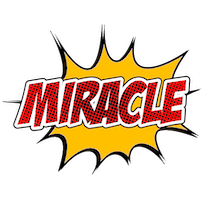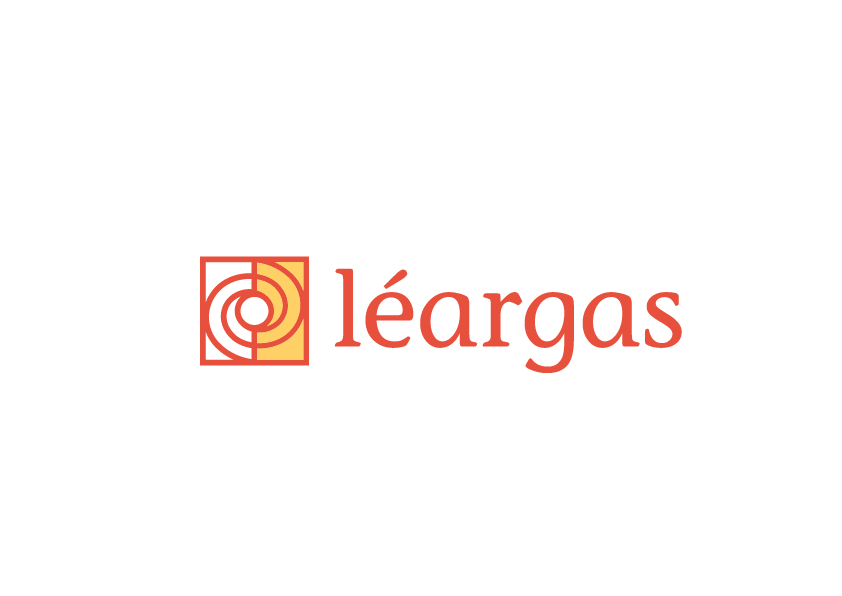For over a decade, the scientific community has shared a common consensus on the existence of CC. However, there is still a sizable population of climate detractors who cast doubts on CC, even when faced with concrete scientific evidence. Thus, in order to properly tackle the issue of CC, MM also confronts the issue of fake news on CC.
In addition it suggests examining the phenomenon through favorite subjects in the school curriculum such as digital technologies and comics to help reduce children's anxiety when faced with CC and its implications for their future.
The most accurate understanding possible of what we are facing and what these changes may lead to should enable us to measure the share of responsibility, both individual and collective, that we have to assume and should guide us in the choice of decisions to be taken within a democratic framework.
The integration of a MOOC into TPD is considered essential (O1). The MOOC is co-designed from scratch (O2) to ensure the community buy-in and eventual sustainability of the MOOC. The blended approach adds a local dimension, supporting teachers to find ways to put the ideas into practice in their own schools. The MOOC aims to build on this by exploring how best to support teachers to create school/local infrastructures that enable them to implement the MOOC collaboratively in their local context as well as in the European partnership context (O5).
Objectives
The WP3 objectives are:
- co-design from scratch the MM;
- co-create the content;
- leverage MM content and the large European community of teachers who can inspire and support each other, offering their professional
- experience that will be integrated into the collective experience of the community;
- create a sustainable community of practice among teachers.
Main Results
- Needs Analysis: A needs analysis survey for stakeholders to provide MOOC developers with the necessary insights into their needs.
- MOOC design: with specific accessibility criteria and quality standards.
- A Collection of OERs: including podcasts, videos, teaching and learning resources etc. All the 140 OERs are included inside the modules of the MIRACLE MOOC.
- The MIRACLE MOOC: with a variety of learning components, such as videos, reading activities (R3.2), lectures, and discussion forum. There will also be assessments, such as quizzes, tests, or peer-reviewed assignments. Successful completion of the MOOC will result in a certificate issued by the University of Malta.
The MIRACLE MOOC will include five modules based on the booklets produced in WP2, the feedback received during the f2f Teachers Training and the validation report of the piloting of the booklets (WP2):- M1: THE BASIC SCIENCE BEHIND CLIMATE CHANGE: addressing the multiplicity of issues and the complexity of interactions related to CC based on updated scientific content.
- M2: DIGITAL COMICS CO-CREATION: offering a playful approach in a subject that raises the pupils’ anxiety faced with CC and its implications for their future.
- M3 DIGITAL AUGMENTATION OF COMICS: guidelines on how augmented reality can merge the physical and cyber worlds, enabling people to “see” what they cannot see.
- M4 FAKE NEWS AND DISINFORMATION: provision of guidelines and tools to confront the issue of fake news on CC
- M5 EDUCATIONAL SCENARIOS: in this module teachers will be acquainted with the validated scenarios developed in WP2 and will receive support to develop their own.
- The WP3 Validation Report will be a document summarizing all validation results and the procedures that have been done to ensure that WP3 results consistently maintain satisfactory quality. This formal report is necessary before the project results can finally be presented to European schools outside the partnership.
- The Minutes of the Transnational Project Meeting.



